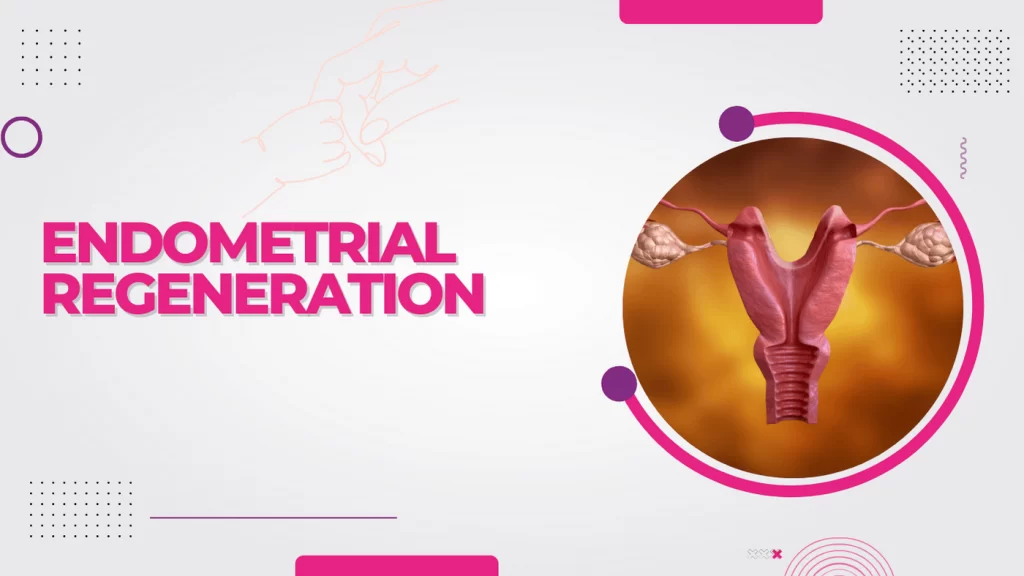
Thin endometrium patients constitute about 10% of those undergoing embryo transfer procedure. An ideal endometrial thickness should be more than 8mm with good vascularity and triple line pattern. Endometrium less than 7mm is often a cause of failure of IVF. Hence it is important to achieve an ideal thickness for optimal cycle outcome.
Causes of thin endometrium include damage to basal endometrium due to infections, uterine surgeries or may be unexplained. Interventions done to improve endometrial thickness include Hormone replacement therapy, silnafil citrate, GCSF injections, platelet rich plasma (PRP), Bioactivated peptide concentrate (BAPC), etc.
Regenerative medicine (RM) is a game changer in the world of medicine with the potential to fully heal damaged tissues and organs, with the help of growth factors for induction of regeneration. Platelets derived strategic management for endometrial regeneration, have been proposed as future clinical therapies for treating infertile women with thin endometrium.
PRP/ BAPC is prepared from fresh peripheral blood which is aspirated from a peripheral vein, stored in anticoagulant and processed to increase platelets by separating various components of blood. Through activating platelets, cytokines and growth factors (GFs) become bioactive. Various growth factors include platelet-derived growth factor (PDGF), vascular endothelial growth factor (VEGF), transforming growth factor (TGF), and epidermal growth factor (EGF). They can regulate cell migration, attachment, proliferation and differentiation, and promote extracellular matrix accumulation. When GFs are injected into the damaged area like into uterine cavity, it causes a mild inflammation that triggers the healing cascade. As the GFs organize in the uterus, they recruit a number of other factors to promote healing and tissue responses including attracting stem cells and GFs to repair and increase endometrial thickness. These growth factors are given in 2 to 3 doses on day5, day10, day 12 of cycle depending on endometrial thickness. PRP/ BAPC has also shown promising results in patients with recurrent implantation failure.
Safety of the GFs has been established for over 20 years for its wound healing properties and it’s proven effectiveness in the treatment of thin endometrium and recurrent implantation failure. Since these GFs are derived from the patient’s own peripheral blood derived platelets concentrates, there is no risk of rejection or anaphylaxis/allergic reactions. It is absolutely safe too as these growth factors have antimicrobial properties which eliminates the risk of infections